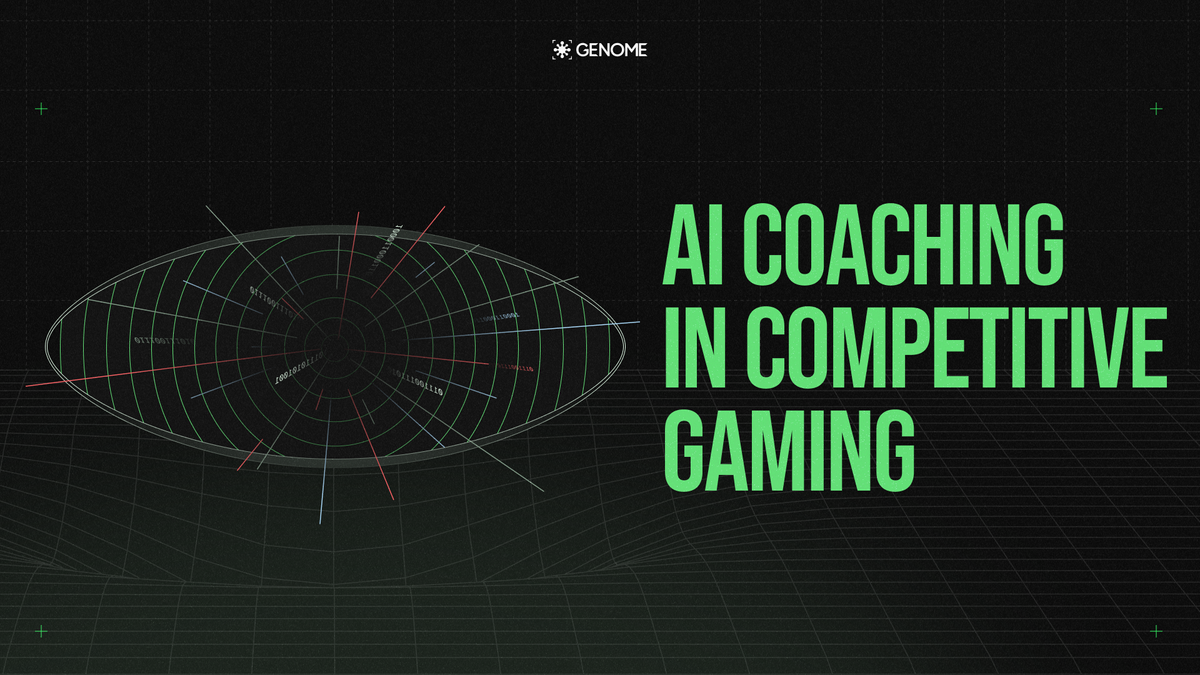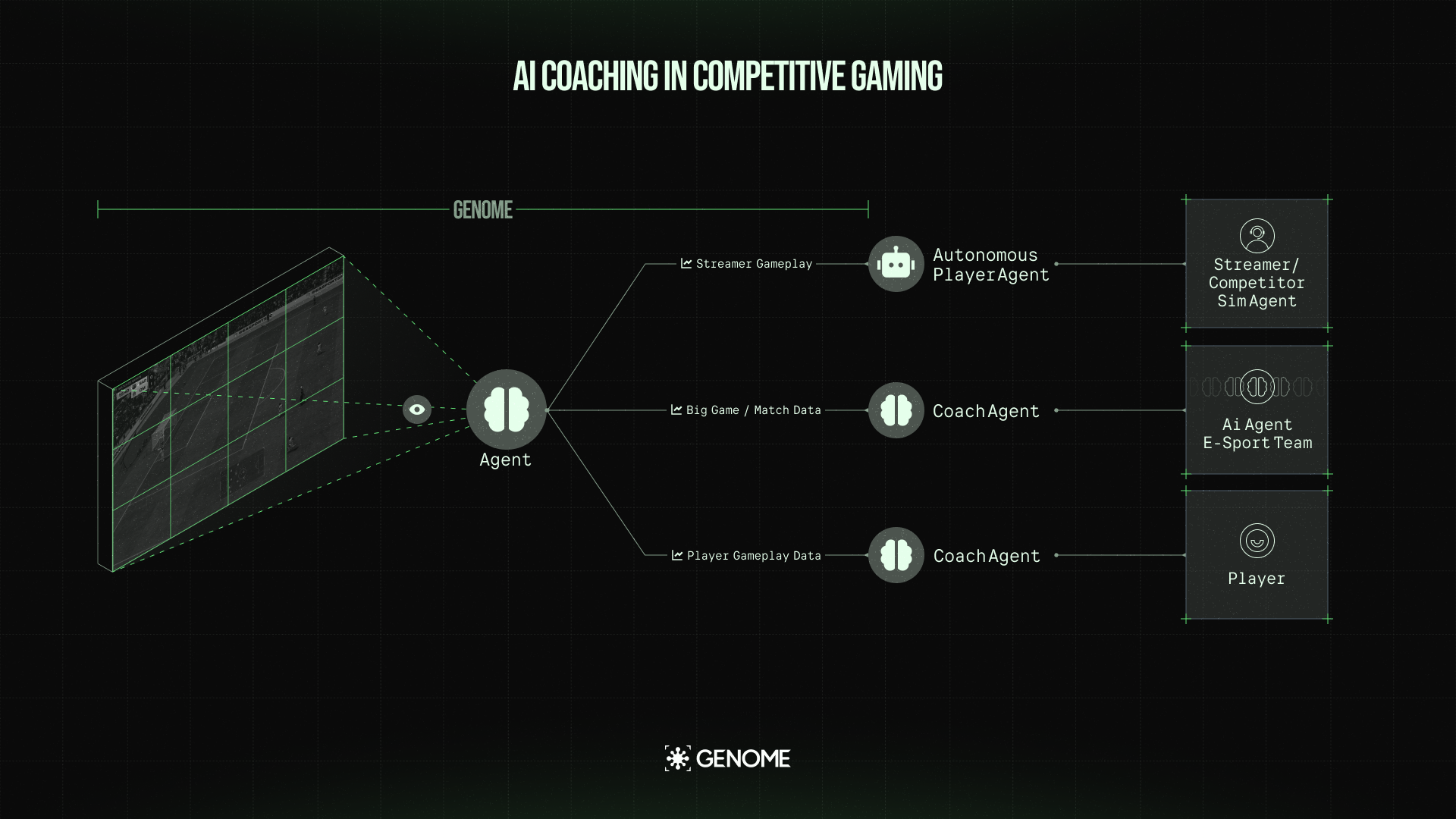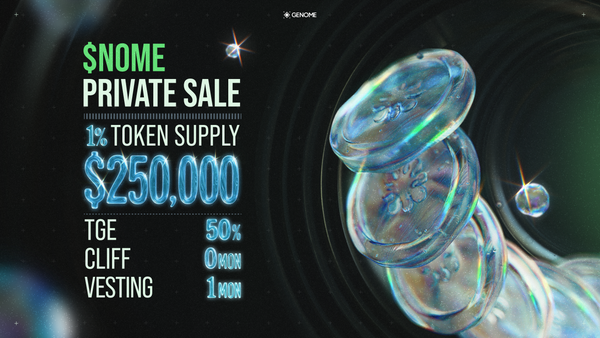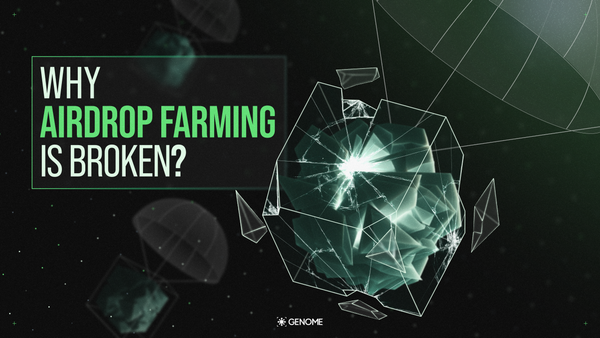Agents of Evolution: AI Performance Coaching in Competitive Gaming

In competitive gaming, knowledge is power — and AI agents are redefining how players train, compete, and improve. By analyzing gameplay in real-time, simulating top competitors, and providing personalized feedback, agents deliver insights that no human coach can match.
Gaming is a fundamentally competitive ecosystem. Whether players compete against each other or against game environments, the nature of gaming is inherently based on challenging player skills against human or virtual adversaries. Succeeding in competitive ecosystems requires competency — which is, at many levels of esports and gaming, acquired through coaching, training, and analysis.
The competitive gaming skill industry has seen explosive growth, with boosting and coaching services valued in the billions annually, as players seek to refine their skills and climb the ranks. Even high-profile names like Elon Musk have been tied to the ecosystem, reflecting its widespread influence. This massive demand underscores a simple truth: players are willing to invest in tools that help them win.
Genome's autonomous agents are poised to revolutionize this ecosystem by offering a data-driven, AI-powered alternative to traditional training, boosting and coaching. Unlike human coaches, Genome agents can observe, analyze, and quantify a player’s performance in real time, using advanced analytics to compare results with millions of matches and strategies. These agents go beyond human limitations, crunching numbers faster than any coach imaginable, and delivering adaptable, real-time guidance to improve player performance.
Competitive gaming is no longer just about reflexes and raw talent — it’s about data, precision, and adaptability. Genome agents are autonomous systems capable of analyzing gameplay faster and more effectively than any human coach. The result is a smarter, data-driven ecosystem that democratizes coaching and transforms how gamers rise through the ranks.

The Size of the Coaching and Boosting Ecosystem
The gaming coaching industry, valued at over $300 million annually, has become a core component of competitive gaming. Esports coaching and training services range from strategy development to one-on-one mentorship, with elite coaches charging premium rates for tailored guidance. The boosting market, a controversial $200 million-plus subset of this ecosystem, thrives as players seek to climb competitive ladders with help from skilled players or automated systems.
These methods come with limitations, however: human coaches are expensive, time-intensive, and prone to human error and human limitations, while boosting often lacks transparency and legitimacy.
Genome’s vision of an autonomous agent-driven esports ecosystem addresses these issues by offering verified, data-driven solutions that scale without sacrificing quality or fairness, while delivering gaming performance analysis and guidance at a level of detail and personalization unavailable in the contemporary gaming ecosystem.
Redefining Performance & Competition in Esports
Genome makes it possible for anyone to create an agent for coaching and training in competitive gaming, capable of adapting to every skill level or goal.
Here’s how:
- Unmatched Data Analysis: Agents leverage verified, in-depth performance analytics, crunching match data at unprecedented speeds to deliver insights. Agents capable of analyzing peeking, angles, crosshair placement, or reaction speed in FPS, or unit placement, APM, and map awareness in strategy or MOBA games provide players with unparalleled granularity in technical skill analysis.
- Simulating Competitors: Imagine training against an agent programmed to mimic S1mple’s tactics or Ninja’s build strategies. These agents can recreate the behaviors of top competitors, allowing players to experience real-world challenges in a controlled environment.
- Real-Time Adaptable Training: Agents provide on-the-spot feedback during gameplay, offering guidance on positioning, timing, strategy, or mechanics. This level of adaptability ensures players get the most relevant advice as they play.
- Agent-on-Agent Training: The ecosystem can even grow itself. Trainer agents specialize in improving other agents, simulating endless scenarios to sharpen performance. Elite agents trained on exclusive datasets — such as streamer-specific styles — could be owned, shared, or monetized by individuals or communities.
The New Economy of AI Agent Esports Coaching
Genome agents don’t just boost individual performance — they create entire marketplaces of value:
- Exclusive AI Coaches: Using the Genome ecosystem, it’s possible for champion players or popular streamers to train agents based on their unique gameplay styles and sell or license them to fans or teams. Imagine owning a Ninja-trained coach agent or a S1mple sniper agent designed to replicate their expertise, available on-demand, any time, in any game.
- Community-Owned Agents: Groups could collectively own and train agents, sharing their benefits and profits. These agents can specialize in specific game modes, roles, or mechanics, turning them into valuable assets.
- Real-Time Competitor Simulations: Agents could not only train players but also compete against each other, endlessly refining strategies and creating adaptable tactics.
Genome Agent Coaches: The New Meta
Genome’s programmable competition layer unlocks a future where every gamer has access to the tools previously reserved for elite competitors. With agents providing real-time coaching, customized training scenarios, and streamlined progress tracking, players can improve faster, compete smarter, and push their limits.
Through agents, the competitive gaming ecosystem evolves into a living, adaptive ecosystem where intelligence and performance grow in tandem. This interconnected system will drive a new era of esports, where players can harness the power of AI to achieve their potential while shaping the future of competition itself.



